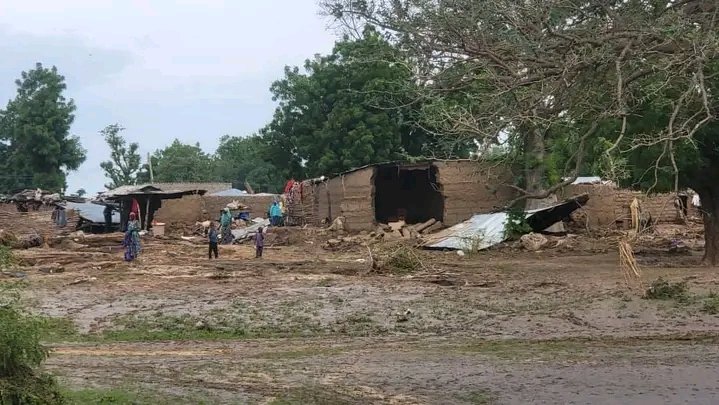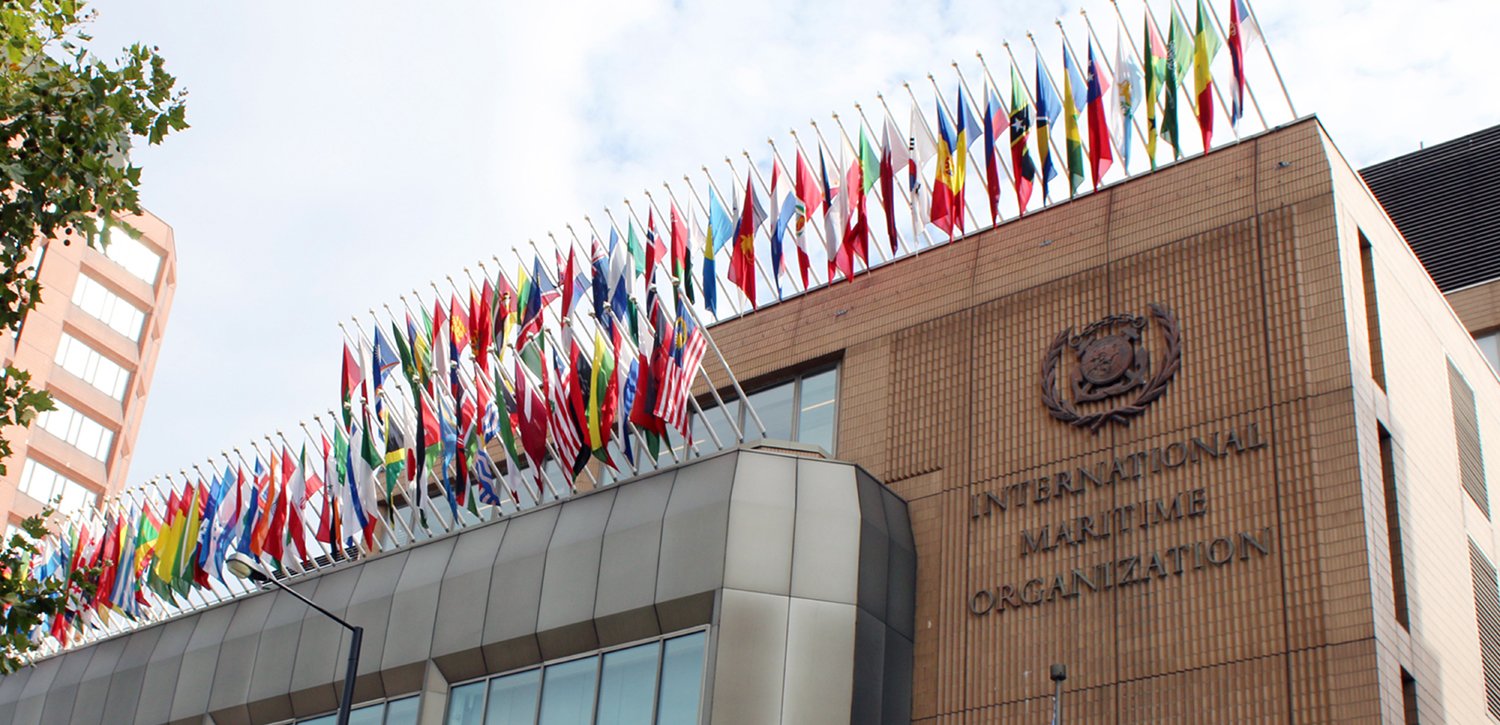
The Independent National Electoral Commission (INEC) takes centre stage as Nigerians again return to the polls to vote in the governorship and state house of assembly elections holding today, kicking off in less than an hour across the country.
The polls come three weeks after a dramatic round of presidential and National Assembly elections, which has received mixed reactions from stakeholders at home and abroad.
The polls were initially scheduled for March 11. But the fallout of the presidential election set back reconfiguration of the Bimodal Voter Accreditation System (BVAS) devices, prompting a one-week delay.
Amid hopes of a hitch-free exercise, Nigerians finally troop out to various polling units to cast their votes for their candidates of choice.
According to INEC, a total of 87.2 million are eligible to vote, having collected their permanent voter cards (PVCs).
Of the 36 states, governorship polls will be held in 28, namely Abia, Adamawa, Akwa Ibom, Bauchi, Benue, Borno, Cross River, Delta, Ebonyi, Enugu, Gombe, Jigawa, Kaduna, Kano, Katsina, Kebbi, Kwara, Lagos, Nasarawa, Niger, Ogun, Oyo, Plateau, Rivers, Sokoto, Taraba, Yobe, and Zamfara.
Over the next four years, each of the other eight states – Anambra, Bayelsa, Edo, Ekiti, Imo, Kogi, Osun and Ondo – will get their chance, separately, held off-season due to litigations and court judgements.
As for the state legislatures, all 36 states are the home bases of thousands competing for 993 state house of assembly seats.
This year, INEC replaced the Smart Card Readers with a more advanced piece of biometric technology for verifying voters: the Bimodal Voter Accreditation System (BVAS).
This enabled the electoral body to transmit results electronically to its Result Viewing Portal (IReV), a development that necessitated the enactment of the Electoral Act, 2022.
Despite the early promise BVAS showed in the 2021-2022 off-cycle governorship elections of Anambra, Ekiti and Osun, criticism trailed the last month’s elections over what INEC described as “technical hitches“.
The runners-up in the presidential election, Peoples Democratic Party (PDP) and the Labour Party (LP), have since expressed their displeasure with the process, vowing to challenge the process.
Nonetheless, the Commission has assured Nigerians that the glitches have been addressed.


